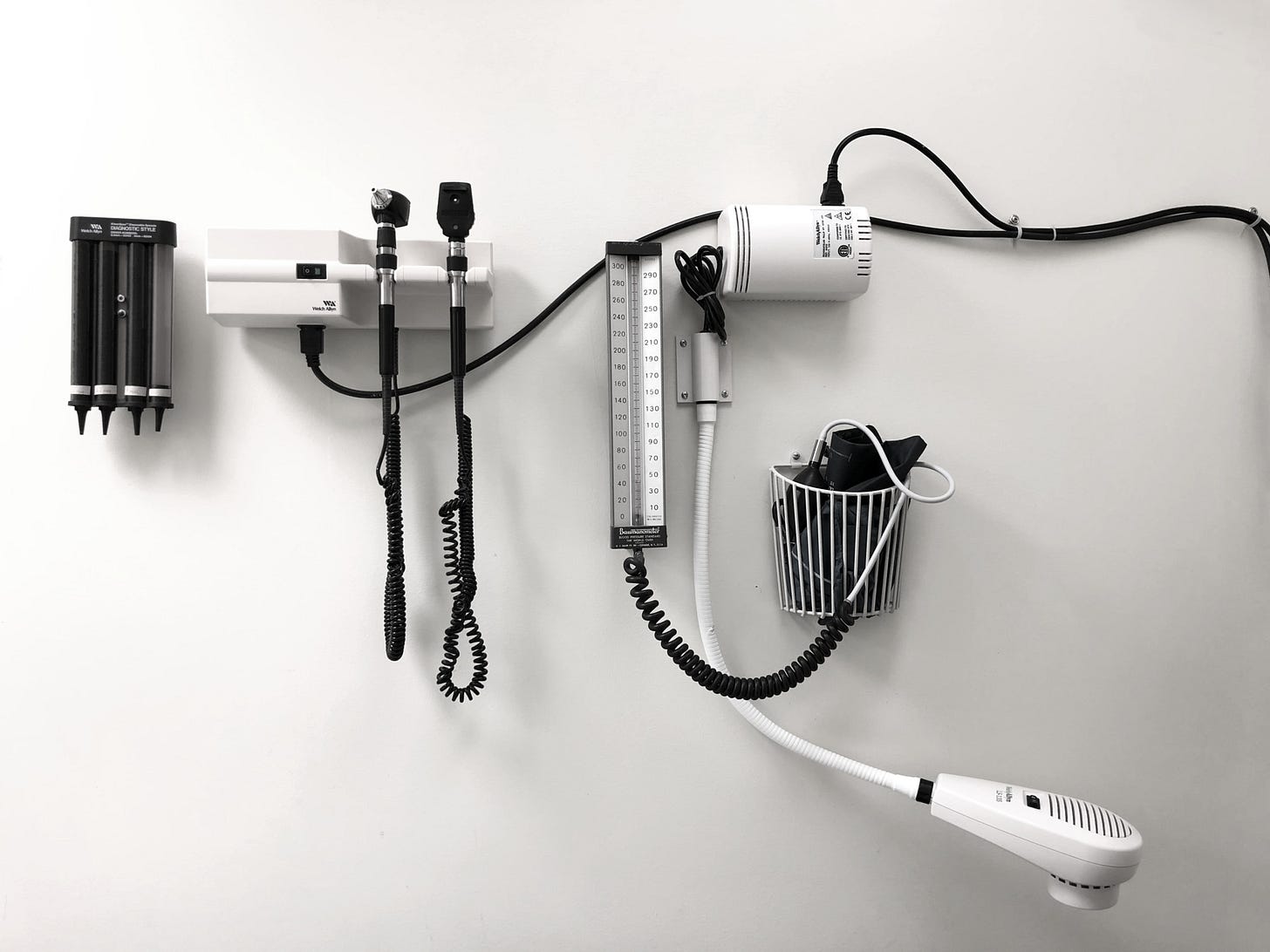Chronic Fatigue Syndrome (CFS), also known as Myalgic Encephalomyelitis (ME) Part 2
Diagnosing Chronic Fatigue Syndrome (CFS) can be challenging, as its symptoms can overlap with your other medical conditions. If you're experiencing persistent and unexplained fatigue along with other associated symptoms, it's important to consult a healthcare professional for a proper evaluation.
“Anyone can get ME/CFS. While most common in people between 40 and 60 years old, the illness affects children, adolescents, and adults of all ages. Among adults, women are affected more often than men. White persons are diagnosed more than other races and ethnicities. But many people with ME/CFS have not been diagnosed, especially among people from racial and ethnic minority groups”. https://www.cdc.gov/me-cfs/about/index.html
“Researchers have not yet found what causes ME/CFS, and there are no specific laboratory tests to diagnose ME/CFS directly. Therefore, doctors need to consider the diagnosis of ME/CFS based on in-depth evaluation of a person’s symptoms and medical history. It is also important that doctors diagnose and treat any other conditions that can cause similar symptoms. Even though there is no cure for ME/CFS, some symptoms can be treated or managed.” https://www.cdc.gov/me-cfs/about/index.html
Here are the general steps to consider if you suspect you have CFS:
1. **Consult a Healthcare Professional**: Start by making an appointment with a primary care physician or a healthcare provider who is knowledgeable about CFS. They will conduct a comprehensive medical history and physical examination.
2. **Exclusion of Other Conditions**: There are many medical conditions that can cause fatigue and similar symptoms. Your healthcare provider will need to rule out other potential causes such as thyroid disorders, anemia, sleep disorders, and autoimmune diseases.
3. **Diagnostic Criteria**: To be diagnosed with CFS, you must meet specific diagnostic criteria, These criteria include the presence of severe fatigue that lasts for at least six months and is not alleviated by rest, along with other symptoms like post-exertional discomfort, sleep disturbances, and cognitive difficulties.
4. **Thorough Assessment**: Your healthcare provider will likely perform a thorough assessment of your symptoms, including fatigue severity, a feeling of uneasiness, sleep patterns, and cognitive function. They may use questionnaires or interviews to gather this information.
5. **Laboratory Tests**. Unfortunately, there's no specific laboratory test to diagnose CFS, your healthcare provider may order blood tests to rule out other potential causes of your symptoms.
6. **Consulting Specialists**: In some cases, your healthcare provider may refer you to specialists, such as a rheumatologist or an infectious disease specialist, to further investigate and rule out other conditions.
7. **Monitoring**: If you meet the diagnostic criteria for CFS, your healthcare provider may recommend monitoring your symptoms over time to ensure that the pattern of fatigue and associated symptoms persists. https://www.mayoclinic.org/diseases-conditions/chronic-fatigue-syndrome/diagnosis-treatment/drc-20360510
Remember that receiving a diagnosis of CFS can be a complex process, and it's important to work closely with healthcare professionals who are experienced in diagnosing and treating the condition. If you suspect you have CFS, seek medical attention to ensure that you receive proper evaluation, guidance, and support in managing your symptoms.





